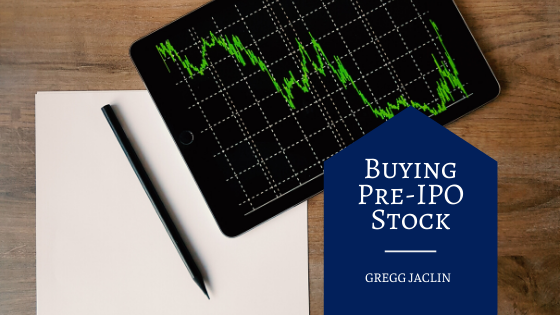When it comes to IPOs, many investors prefer to buy stock before it goes public. The advantage to this is that you’re buying the stock at a fixed share price instead of risking the increased valuation that can come when an offering is made public. The advantage to the company is that they can raise capital quickly by attracting investors and potential media attention.
Most people have to wait until the stock is being sold in an open market before investing, but there are ways to buy pre-IPO shares before they’re offered to the public in an IPO. It is a risky investment decision, but there is a chance you could get in on the ground floor, paying pennies for stocks that will be worth much more in the future.
Knowing the Right People
In most cases, the possibility of buying pre-IPO shares depends on who you know. Your stock broker can likely provide you with information on advisory firms that specialize in pre-IPO shares. You could also monitor news alerts about startup companies. Otherwise, the first step to investing in a pre-IPO stock is finding the S-1 registration statement filed with the SEC. This will contain information about the company, its board members, and any audited financials. The underwriters of the registration are the broker dealers who develop the offering and make the public aware of the stock.
Once you know who you should talk to, call the broker dealer to voice your interest in the IPO. You’ll likely have to open an account, requiring some basic information about yourself. Then, you complete an outgoing wire transfer with your bank, naming the broker dealer as the beneficiary and indicating the account number you received. This ensures that your funds will be credited to the correct investment account.
When Are Pre-IPO Shares Beneficial?
The biggest risk in buying Pre-IPO shares is that there are a variety of factors that may prevent a company from going IPO. However, there are times when a pre-IPO share can be incredibly lucrative. Just look at companies like Beyond Meat, Chewy, Uber and Lyft.
Before investing, make sure you’re doing so with legal protection. Only choose companies that utilize a PPM, ensuring they’re transparent and compliant with anti-fraud laws. Many investors decide to have an attorney prepare an investment contract on their behalf to protect themselves.

